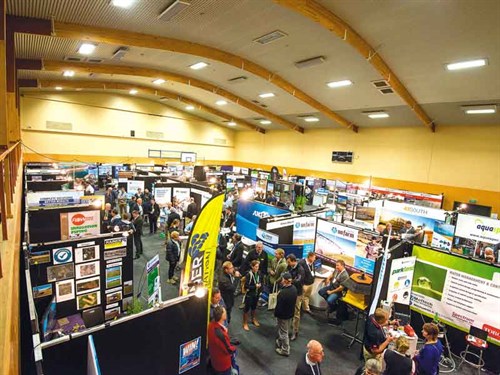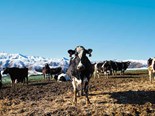Farm advice: The future of irrigation in NZ
IrrigationNZ (INZ) shares its future strategy for the irrigation sector in NZ at its recently held biennial conference in Alexandra
It was a great chance for participants to catch up, preview, and discuss new technology and changes affecting the sector while talking about the way forward for irrigators.

At the conference dinner, agriculture minister Damien O’Connor said he wanted to see the primary sector striving for value over volume. The minister said that New Zealand is the best country in the world at farming but it needs to be backed through a story of integrity.
The negative impacts of irrigation – real or perceived – needed to be addressed. INZ also shared its future strategy for the irrigation sector.
A raft of issues is impacting the sector. Consumers are becoming more conscious of where their food is sourced from, creating a need for sustainable production traceable back to the farm. Demand-supply automation will become increasingly used to reduce food waste, and plant-based food options have already started to replace some traditional protein sources.
Water scarcity will become a more pressing issue globally. In New Zealand, although rainfall is relatively plentiful by world standards, irrigators will need to become more water efficient and new technologies will evolve to assist this.
There are still water quality and quantity issues to be addressed, but there is a growing shift to farming within limits. Achieving better environmental outcomes is now part of the everyday business of farming.
In New Zealand, a recent national report has shown that more rivers are now improving than deteriorating and farmers are playing an important role in this change. Looking forward as a sector, we need to be more transparent and provide more information about irrigation.
There is only a limited understanding of how irrigation is used or its benefits. Meeting regulatory best practice requirements is now a minimum standard. Bottom lines need to be enforced both by sectors and councils, and it does irrigators more harm than good to be seen to be lenient on those who don’t comply.
We showcased a wide range of new irrigation technology at our conference expo and heard from speakers on recent advancements. We now have the technology available to enable a wide use of precision irrigation. Those who don’t adopt this on their own will eventually find they will need to due to increasingly stringent environmental standards.
We would like to see more investigation of catchment wide solutions and the ability to compel everyone in a catchment to support these. For example, a wetland restoration project to restore the water quality may be prohibitive for the property owner alone but sharing the costs across the catchment would allow it to get underway.
Finally, we need to acknowledge that our sector is not viewed positively by many in the community. There needs to be an increasing focus on contributing to our communities and improving the environment. Our future decision-making needs to look at production, environment and community, and solutions that balance all three.
Keep up to date in the industry by signing up to Farm Trader's free newsletter or liking us on Facebook



.jpg)
.jpeg)

.jpg)
.jpeg)
.jpg)
.jpg)







